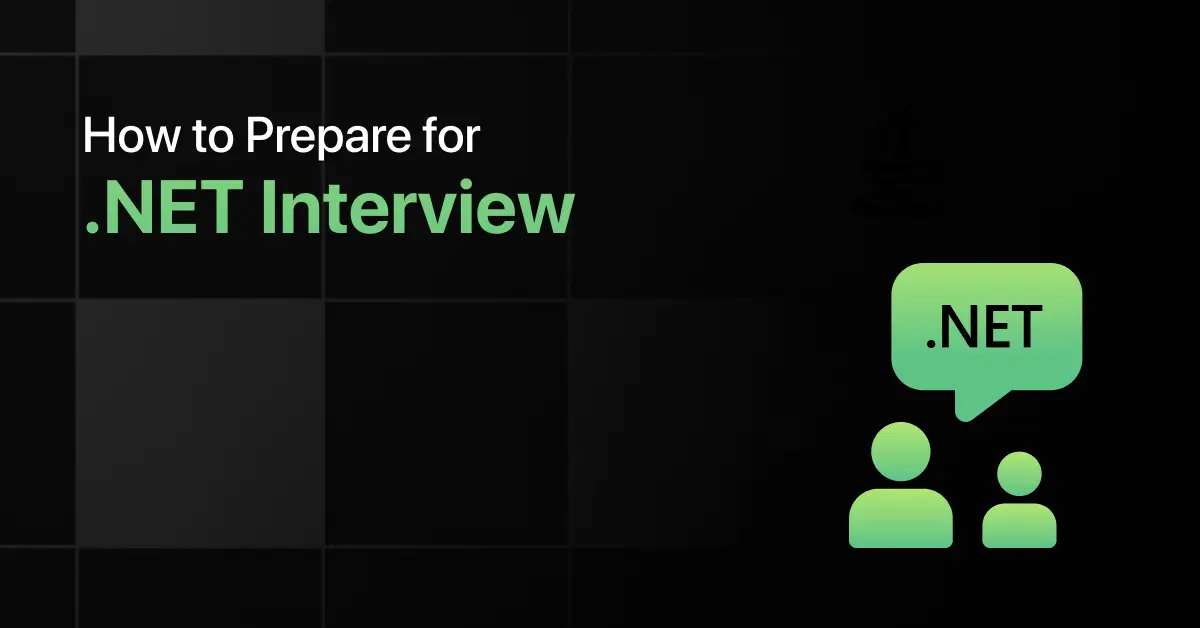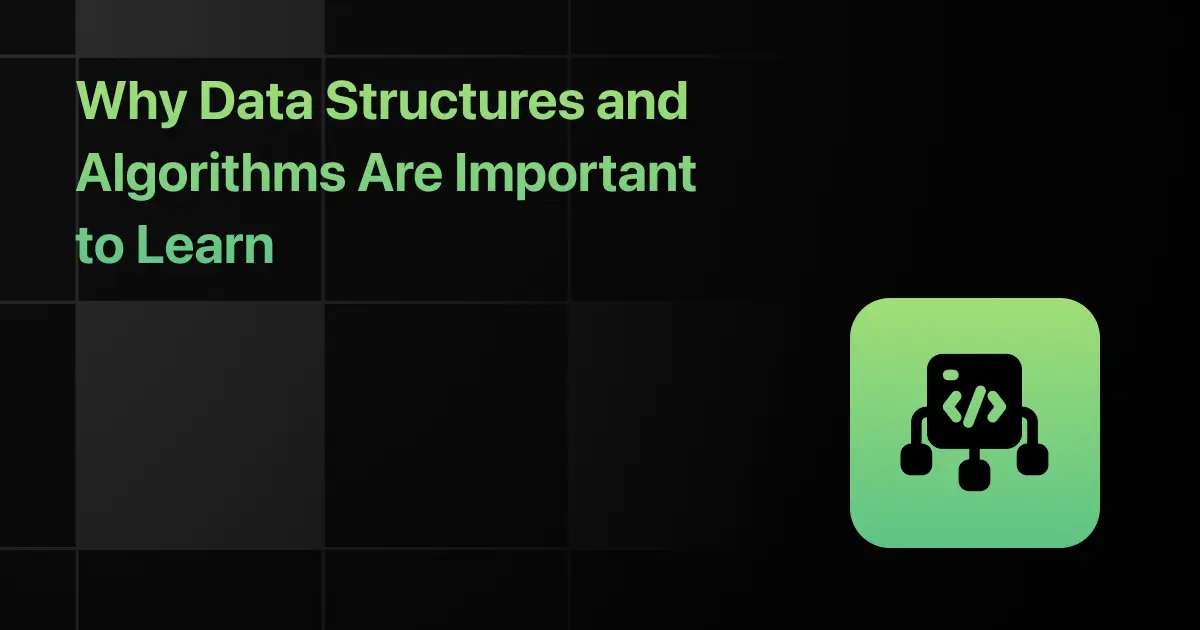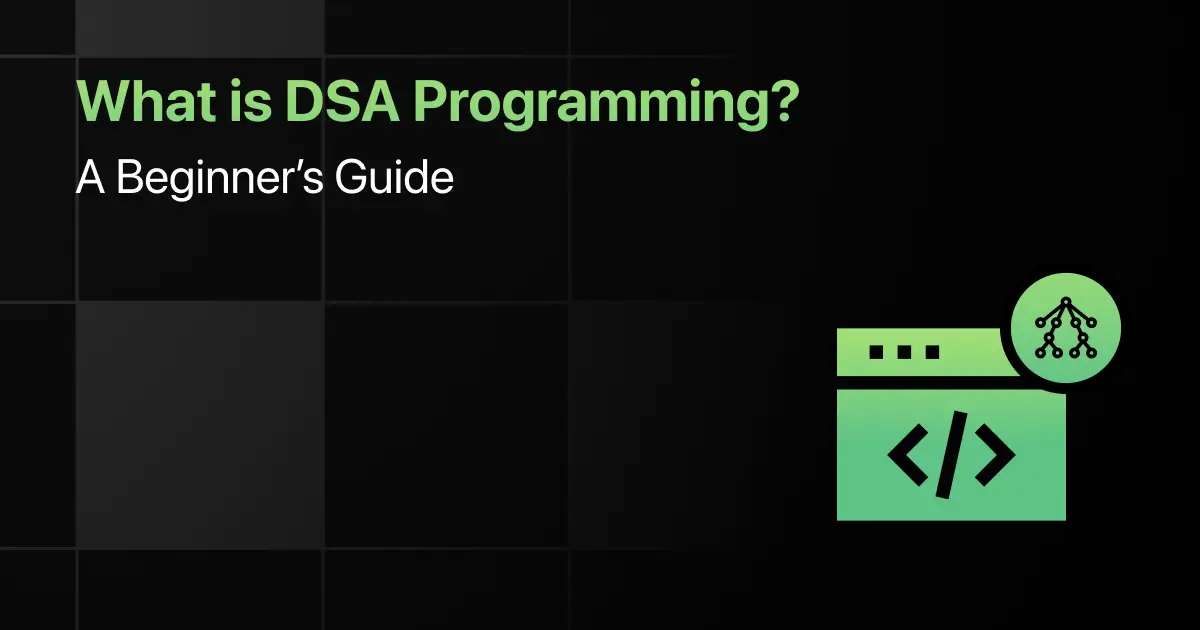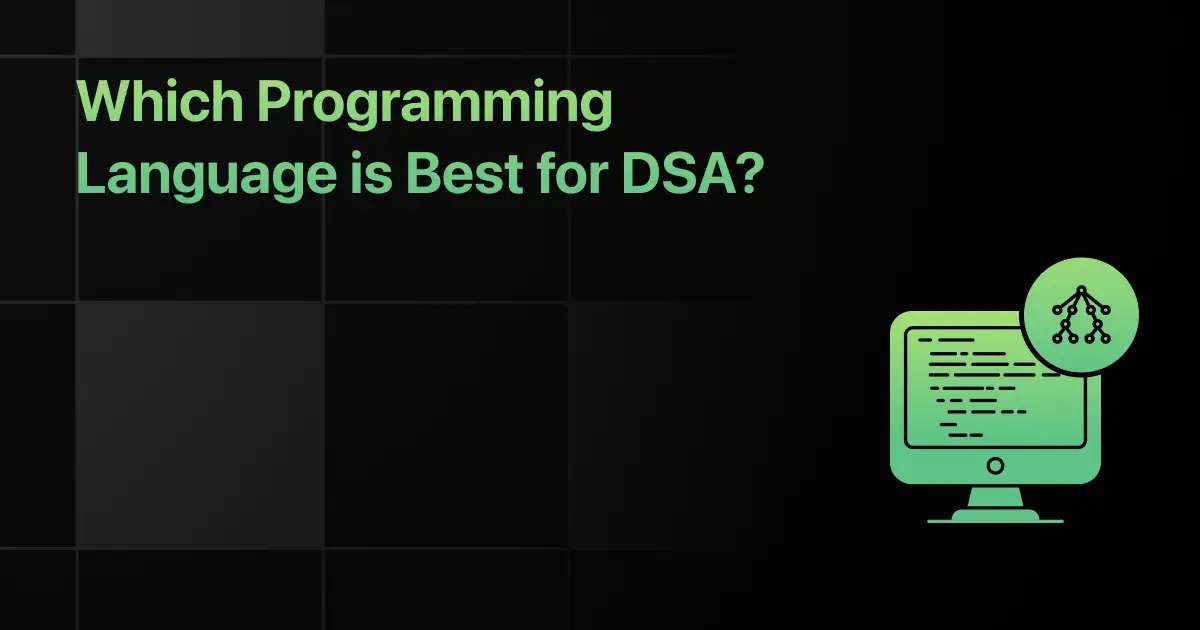How to Prepare for .Net Interview

Are you preparing for a .NET interview but not sure which topics to prioritize?
Many candidates struggle to balance C# fundamentals, .NET framework concepts, and hands-on coding practice while preparing for interviews.
This blog will guide you through a structured approach to .NET interview preparation, covering essential concepts, commonly asked questions, and tips to help you perform confidently.
.Net Interview Preparation Guide
Preparing for a .NET interview requires a strong understanding of C# basics, object-oriented programming, exception handling, collections, and advanced topics like ASP.NET, Entity Framework, and .NET Core.
Interviewers also test your ability to design and implement scalable applications using the .NET framework.
To prepare effectively, it helps to combine coding practice with project experience and also review real interview experiences, which provide insights into the types of .NET questions companies commonly ask.
1. Master the Core Fundamentals
A strong foundation in .NET and C# fundamentals is critical for success in interviews. Most interviewers begin with questions on core language and framework features before moving to practical scenarios. Key areas to revise include:
- C# syntax, data types, and operators
- Object-Oriented Programming (classes, inheritance, polymorphism, abstraction, encapsulation)
- Exception handling and error management
- Collections and Generics
- Delegates, events, and LINQ
- Asynchronous programming (async/await, tasks)
- ASP.NET basics (Web Forms, MVC, Web API)
- Entity Framework and ORM concepts
- .NET Core vs .NET Framework differences
- Memory management and garbage collection
- Thorough preparation in these areas ensures you are ready for both conceptual and coding-based interview questions.
2. Practice Coding Problems Consistently
Most .NET interviews include hands-on coding rounds where you may be asked to solve problems in C# or build small applications using .NET. Consistent coding practice helps improve speed, accuracy, and familiarity with the framework.
Focus on problems involving arrays, strings, collections, LINQ queries, and basic algorithms in C#.
Additionally, practice creating CRUD operations, handling database connections, and building small REST APIs. Regular practice with .NET Exercises will strengthen your coding ability and prepare you for real interview challenges.
3. Prepare for Commonly Asked Interview Questions
In addition to coding, interviewers often test your knowledge of .NET concepts and their practical applications. Reviewing commonly asked questions will help you understand the areas frequently covered in interviews. Some examples include:
- What are the main differences between .NET Framework and .NET Core?
- Explain the principles of Object-Oriented Programming in C#.
- What are delegates and events in .NET?
- How does exception handling work in C#?
- What is the difference between abstract classes and interfaces?
- What are the differences between value types and reference types in C#?
- How does garbage collection work in .NET?
- What is Entity Framework and why is it used?
- Explain the differences between ADO.NET and Entity Framework.
- What is the purpose of LINQ in C#?
- How does async/await work in C#?
- What are ASP.NET MVC and Web API, and how do they differ?
- Explain the concept of dependency injection in .NET Core.
- What are middleware components in ASP.NET Core?
- How do you ensure security in a .NET application?
Being familiar with these questions will prepare you for both technical and scenario-based discussions.
4. Preparation Tips
- Revise Core Topics: Go over important C# and .NET concepts like OOP, LINQ, Entity Framework, and async/await.
- Practice Coding Daily: Solve problems using C# and work on CRUD operations, LINQ queries, and API development.
- Take Mock Interviews: Simulate real interview settings to practice explaining solutions clearly under time pressure.
- Work on Small Projects: Build projects like a task manager, inventory system, or REST API using ASP.NET Core to showcase practical knowledge.
- Review Before the Interview: Spend the final day revising commonly asked .NET questions and key concepts rather than learning new topics.
Final Words
Preparing for a .NET interview requires a solid understanding of C#, framework concepts, and practical coding skills.
With structured preparation and consistent practice, you can confidently handle both theoretical and hands-on interview rounds.
Explore More Interview Preparation for
- Python
- Software Developer
- C++
- Machine Learning
- Full Stack Developer
- Front End Developer
- C#
- PHP
- Angular
- Node JS
- C Programming
- JavaScript
- Java
- DBMS
- SQL
- React
FAQs
To prepare for a .NET interview as a fresher, focus on C# basics, OOP concepts, database connectivity, and practice building small applications.
The most important .NET topics for interviews include OOP principles, exception handling, LINQ, Entity Framework, ASP.NET Core, and async/await.
You should practice .NET coding problems daily on arrays, collections, LINQ queries, and CRUD operations until you can solve them confidently within time limits.
Yes, focusing on DSA in .NET for campus placement is important, as most technical rounds test algorithmic problem-solving along with framework knowledge.
The best platforms to practice .NET coding questions are PlacementPreparation.io, LeetCode, HackerRank, and GeeksforGeeks.
To revise .NET concepts one day before the interview, quickly review OOP, LINQ, Entity Framework, and commonly asked .NET questions.
PlacementPreparation.io is useful for .NET interview preparation because it offers structured exercises, MCQs, and real interview questions tailored for placements.
Related Posts


Importance of Data Structures and Algorithms (DSA)
Why is everyone constantly talking about DSA, and why is it considered so important for programming? Many beginners focus only on …
Warning: Undefined variable $post_id in /var/www/wordpress/wp-content/themes/placementpreparation/template-parts/popup-zenlite.php on line 1050








